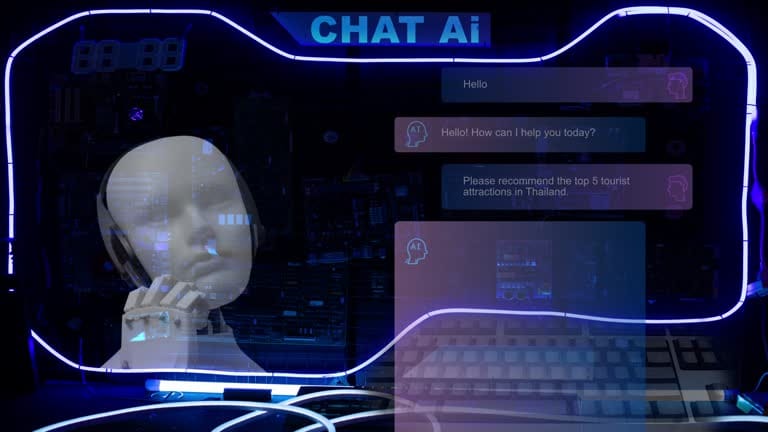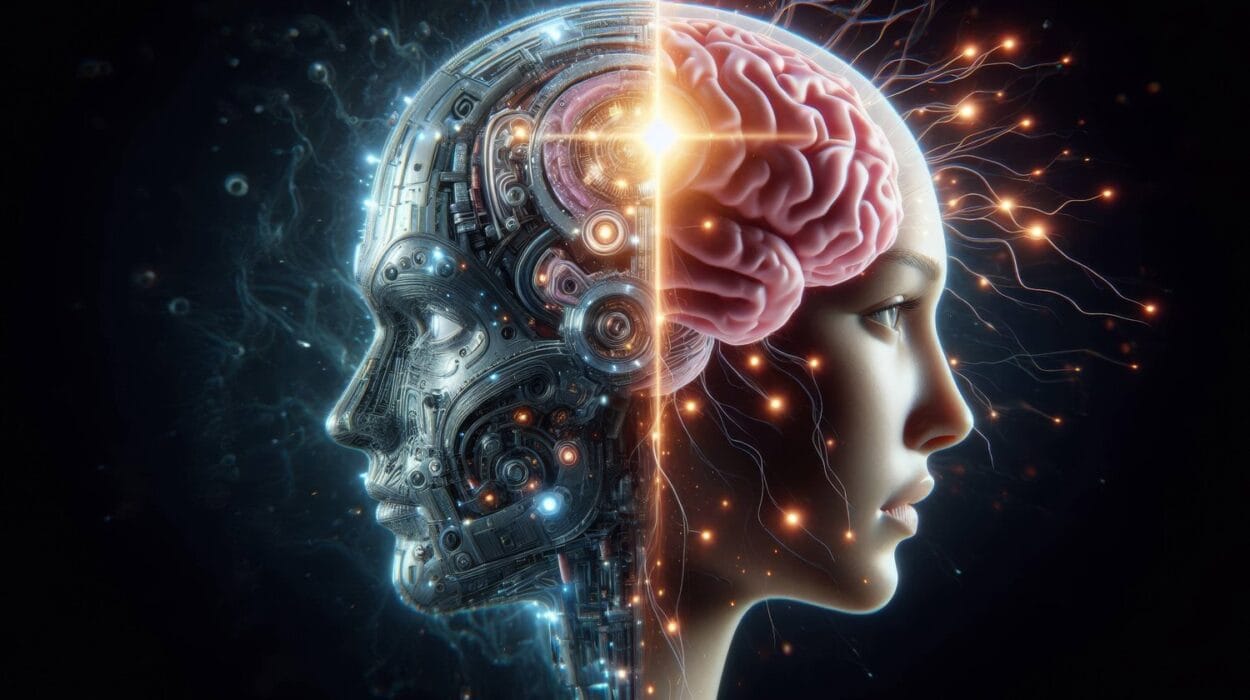Social media platforms have become an integral part of our daily lives. Whether it’s scrolling through Instagram, watching TikTok videos, or catching up with friends on Facebook, the digital landscape has dramatically shifted our interactions, entertainment, and even how we consume news and information. At the heart of this digital revolution is one invisible force that drives almost everything we see online: social media algorithms.
Algorithms dictate much of what appears in our feeds, shaping our online experiences in ways we don’t always realize. They decide which posts are worth showing to us, what content we find engaging, and even how long we stay on a platform. But how exactly do social media algorithms work? How do they determine what we see and why? And, perhaps most importantly, how do these algorithms impact our lives, behaviors, and beliefs?
The Basics of Social Media Algorithms
To understand social media algorithms, we must first break down what an algorithm is. Simply put, an algorithm is a set of instructions or rules designed to solve a problem or perform a task. In the case of social media, algorithms are used to organize and prioritize the vast amount of content generated by millions (sometimes billions) of users every day.
Imagine opening Instagram or Facebook. Within seconds, you’re presented with a customized feed of photos, videos, and stories from people you follow, along with sponsored content. The algorithm curates this experience based on various factors, such as your past interactions, your interests, your location, and the behavior of others who interact with similar content. It’s a highly complex, data-driven process aimed at keeping you engaged for as long as possible, but it’s not always transparent or easy to understand.
The Role of Engagement in Algorithms
One of the most important factors driving social media algorithms is user engagement. Platforms like Facebook, Instagram, Twitter, and TikTok prioritize content that generates interaction—likes, comments, shares, views, and time spent on a post. The more engagement a piece of content receives, the more likely it is to appear on your feed. This creates a feedback loop where popular posts continue to rise to the top, and less popular content is buried in the depths of the platform’s database.
Engagement is a key metric for these platforms because it directly correlates with their revenue model. Social media companies make money through advertising, and the longer users stay on the platform, the more ads they can serve. As a result, algorithms are designed to keep you scrolling. They do this by identifying patterns in the content you engage with most—be it cat videos, political memes, or fitness tips—and showing you more of the same.
However, this focus on engagement can have unintended consequences. In a world where viral content often dictates the conversation, algorithms can push extreme, sensational, or controversial content to the forefront because it tends to attract higher engagement. This leads to the spread of misinformation, outrage, and even political polarization, all of which are amplified by the very systems designed to keep us glued to our screens.
Personalization: The Power of Data
At the heart of modern social media algorithms is personalization. Social media platforms collect vast amounts of data about you: the pages you like, the posts you comment on, the time you spend on certain types of content, and even how you interact with ads. This data is then analyzed by algorithms to create a tailored experience for each user. The goal is simple: to show you content that you’re most likely to engage with, based on your behavior and preferences.
But this level of personalization can be both a blessing and a curse. On one hand, it means you’re more likely to see content that aligns with your interests. Whether it’s a recipe from a food blogger you follow or a workout video from a fitness influencer, social media algorithms aim to keep you happy and engaged by providing content you enjoy.
On the other hand, this constant stream of personalized content can lead to a “filter bubble.” A filter bubble occurs when algorithms only show you content that aligns with your existing beliefs and preferences, limiting exposure to diverse viewpoints. This can create an echo chamber, where users are exposed to the same ideas, opinions, and ideologies over and over again. As a result, it becomes harder to think critically about information, and individuals may become more entrenched in their own perspectives.
The Dark Side: Manipulation and Misinformation
While social media algorithms are designed to keep us engaged and entertained, they also have a dark side. In recent years, concerns have been raised about the ways in which these algorithms can be manipulated. By understanding the inner workings of social media platforms, bad actors—ranging from political operatives to malicious entities—can exploit the system to spread false information, sow division, and even interfere with elections.
Consider the spread of fake news during the 2016 U.S. presidential election. Much of the misinformation that circulated during this period was amplified by social media algorithms, which prioritized sensational and divisive content. As users interacted with fake news stories and engaged with provocative posts, these pieces of content were pushed to a wider audience, creating a snowball effect of misinformation.
The problem is that algorithms don’t always distinguish between credible and fake content—they prioritize content that generates engagement, regardless of its accuracy. As a result, misleading or false information can spread like wildfire, while well-researched, factual content gets buried in the depths of users’ feeds.
The Impact on Mental Health
Social media algorithms don’t just affect the way we view the world—they also impact our mental health. Studies have shown that the constant comparison to others, the quest for validation through likes and comments, and the exposure to curated, idealized versions of life can lead to feelings of inadequacy, anxiety, and depression.
For many users, social media becomes a platform for seeking validation. The number of likes, shares, and comments on a post can have a profound effect on self-esteem. When posts don’t receive the same level of engagement as others, it can feel like a personal failure. This quest for social approval is driven by the very algorithms that determine which posts are seen by the most people, pushing individuals to tailor their content in ways that generate more likes, comments, and shares.
Moreover, social media algorithms can exacerbate issues of body image and mental health, particularly for young users. Platforms like Instagram, with their emphasis on curated and often unrealistic portrayals of beauty and lifestyle, can contribute to a negative self-image, especially when algorithms prioritize content that reinforces these ideals.
The Algorithmic Filter: How We Get Trapped
Another major issue with social media algorithms is the way they create “echo chambers” and reinforce our biases. The more we engage with a particular type of content, the more the algorithm serves us similar content. If we constantly engage with political posts that align with our views, for example, the algorithm will continue to show us content that echoes our beliefs, further solidifying our worldview.
This can make it harder to engage with ideas that challenge us. In essence, we become trapped in a digital filter bubble, where our perspectives are constantly reinforced, and opposing viewpoints are marginalized. This not only limits our understanding of the world but also contributes to societal divisions and polarization.
Algorithm Transparency: A Call for Accountability
One of the biggest criticisms of social media algorithms is their lack of transparency. We don’t always know why a certain post shows up in our feed, or why one type of content gets more visibility than another. While platforms like Facebook and Instagram have made efforts to explain their algorithms, the truth is that these systems are incredibly complex and constantly evolving. The lack of transparency means that users are often left in the dark about how their data is being used and how decisions are being made about the content they see.
This opacity raises important ethical questions about accountability. Should tech companies be held responsible for the impact their algorithms have on society? Are they doing enough to address issues like misinformation, mental health, and political manipulation? As the influence of social media continues to grow, there’s an increasing call for greater regulation and oversight of these platforms.
The Future of Social Media Algorithms
As social media platforms continue to evolve, so too will the algorithms that power them. In recent years, there has been a push for more ethical and transparent algorithms that prioritize user well-being over engagement and profit. For example, some platforms have experimented with introducing features that encourage users to take breaks or limit their screen time, while others are exploring ways to reduce the spread of harmful content.
The future of social media algorithms may also involve more regulation, with governments around the world beginning to take a closer look at how these platforms operate. Whether it’s through privacy regulations, transparency laws, or restrictions on how data is collected and used, the goal would be to create a healthier, more responsible digital ecosystem.
At the same time, algorithms may become more sophisticated, integrating AI and machine learning to better understand our needs and preferences. In the ideal scenario, these technologies could be used to create more inclusive, diverse, and meaningful online experiences that foster genuine connection, rather than division.
Conclusion: The Power of Algorithms in Our Lives
Social media algorithms are powerful forces that shape our digital experiences. They influence the content we see, the people we interact with, and even how we see ourselves. While algorithms can enhance our online experiences by personalizing content and keeping us engaged, they also come with significant challenges—particularly when it comes to misinformation, mental health, and polarization.
As we continue to navigate this digital age, it’s important to recognize the impact of algorithms on our lives. Understanding how they work, their potential dangers, and their effects on our behavior is the first step toward creating a more responsible and transparent social media environment. Only then can we hope to unlock the true potential of these platforms, fostering a digital world that is not only engaging and entertaining but also enriching and meaningful.






